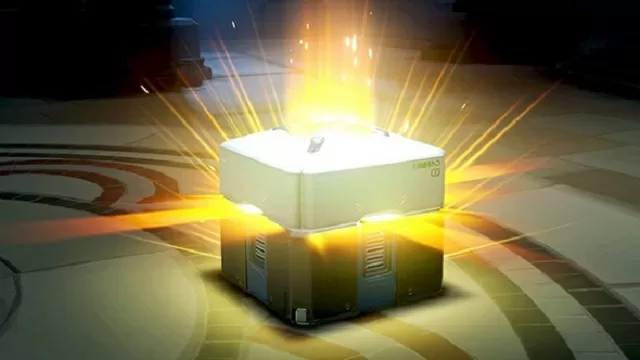ESRB Addressing Loot Boxes with "In-Game Purchases" Label
The ESRB is finally taking some steps towards managing loot boxes. Their decision so far is to add a new label for games, reading “In-Game Purchases”. While this is a good first step, it’s still not the optimal solution. The label covers a way too broad number of games, failing to target the problem itself.

The noose tightening around loot boxes has finally prompted the ESRB to action. They’ll be adding a new, “In-Game Purchases” label for games. It will appear near the letter showing which age group the game is for, and not in any other section. According to a news release (via Polygon), it will cover “games with in-game offers to purchase digital goods or premiums with real world currency, including but not limited to bonus levels, skins, surprise items (such as item packs, loot boxes, mystery awards), music, virtual coins and other forms of in-game currency, subscriptions, season passes and upgrades (e.g., to disable ads).” According to them, this is just the first step. However, they’re still skiddish on the topic of loot boxes. They still don’t think that loot boxes qualify as gambling, because “you always get something, there’s no way to cash out, and you can complete a game without buying a loot box.” They even call them “a fun way to acquire virtual items to enhance users’ experiences.” Sigh.
Now, the ESRB does deserve a cookie for doing at least something. It’s not a bad first step. That being said, this new measure isn’t without its problems. For one, this new label seems way too broad. It equates loot boxes, which are the source of the problem, with, say, direct purchases of items. Free-to-play games will have the same treatment as full-priced games with microtransactions. Not only that, but it basically couples together games that offer substantial bang for your buck to the likes of Battlefront 2. It does not go to the root of the problem. Oh, and what happens if a game launches without loot boxes, then adds them in after the rating process? We’ve seen that happen; it needs to be addressed. Plus, it will definitely not satisfy legislators, since it will not in any way limit the sales of games with near-gambling mechanics to minors.
And, on that note, making it all “think of the children” doesn’t sit right, either. That won’t protect adults with gambling addictions. Hopefully, their future steps will lead to more specific regulations. The point to take away here is that the issue here is far from solved. I mean, the GDC Roundtable basically called loot box regulation a form of censorship, painting the gaming industry as the victim. That’s the kind of nonsense we’re dealing with here.

